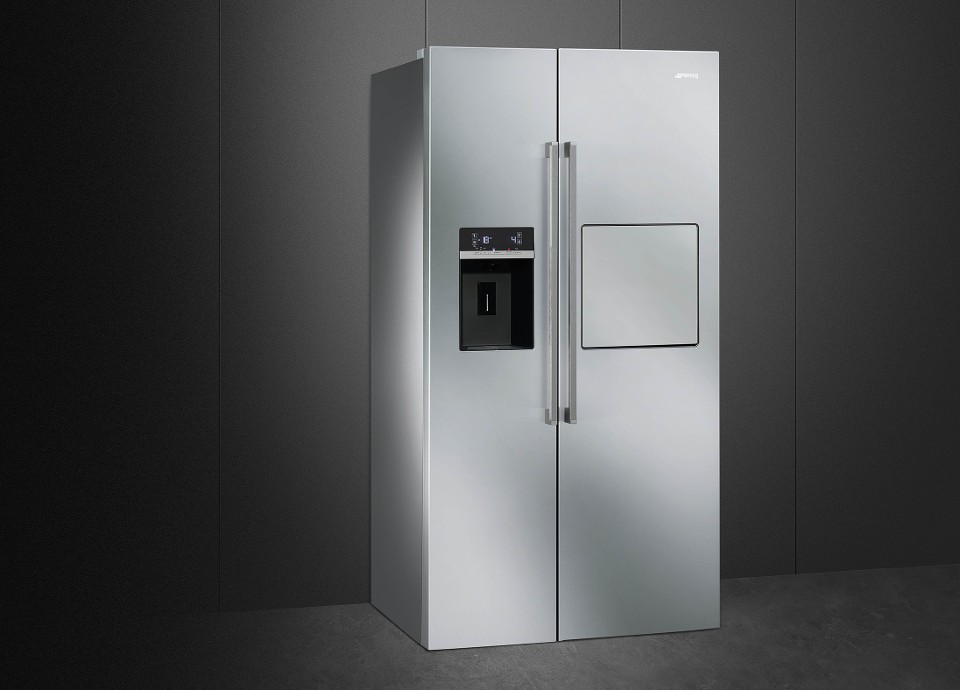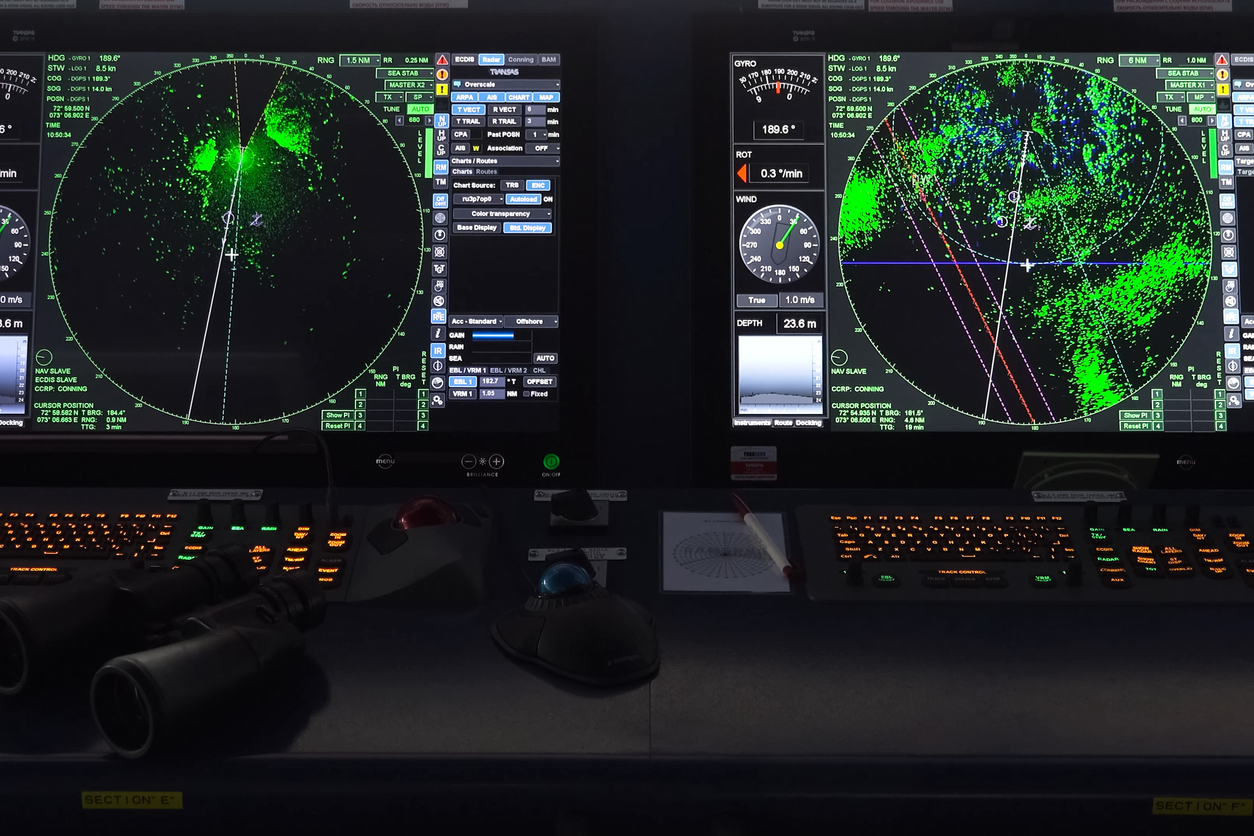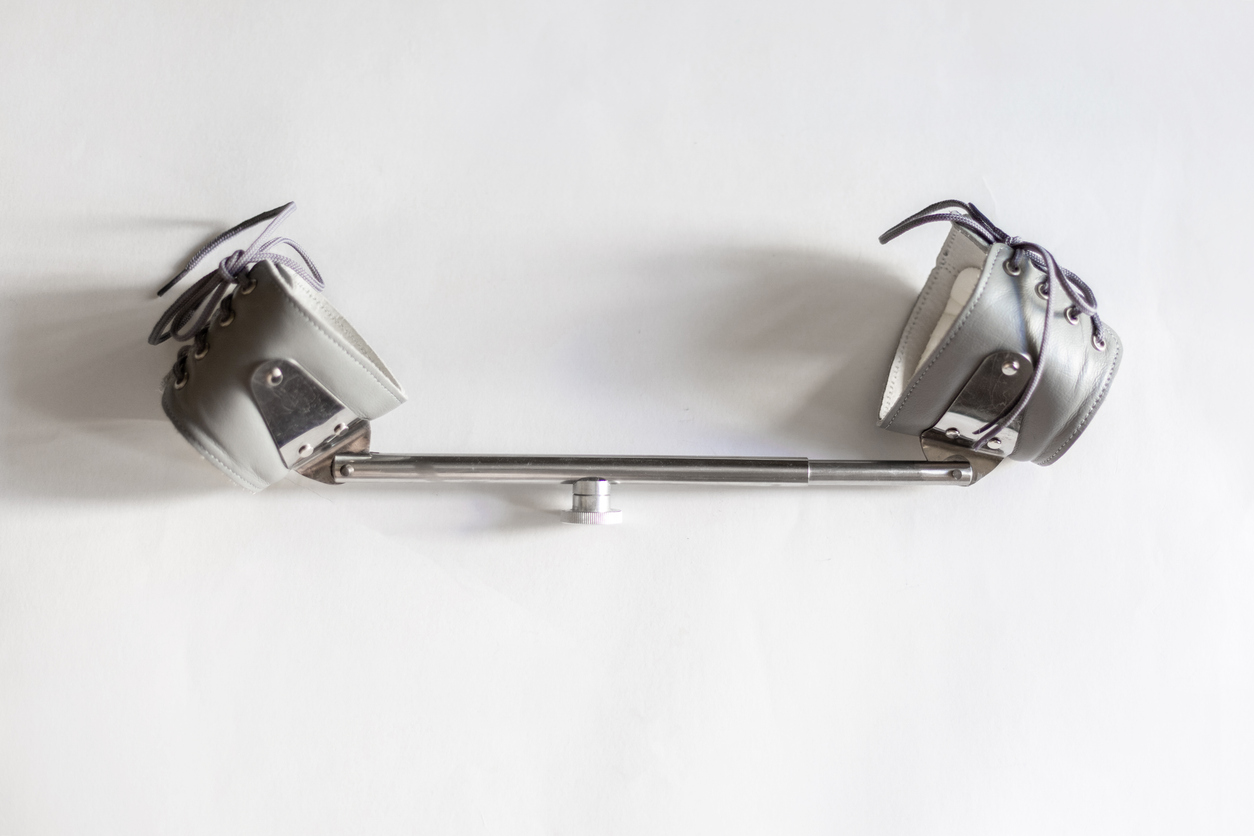Refrigerator Shopping Guide In Nigeria: Prices, Features and more!
Refrigerator Shopping Guide In Nigeria: Prices, Features and more!
In Nigeria, refrigerator shopping can be a confusing and overwhelming process. With so many different styles, sizes, and features to choose from, it can be difficult to know where to start. Luckily, this refrigerator shopping guide is here to help! This guide provides an overview of refrigerator prices in Nigeria, features to consider, and tips for making the shopping process easier. Whether you’re looking for a budget-friendly model or a top-of-the-line refrigerator, this guide will help you find the perfect refrigerator for your needs. Read on to learn more about the different types of refrigerators available and what features to look for.
Overview of refrigerator prices in Nigeria
People in Nigeria spend about $3.30 per day on food, compared to $2.60 in India, $8.50 in Brazil, and $16.50 in the U.S. When you consider that the average refrigerator in Nigeria costs about $124, it’s easy to see why so many families find it challenging to purchase and maintain a refrigerator. Fortunately, there are a variety of low-cost and affordable refrigerators available in Nigeria. The average price of a refrigerator in Nigeria is $77. The most common refrigerator sizes in Nigeria include: ● Single door: 33” W x 19” D x 34” H – $66 ● Double door: 33” W x 19” D x 68” H – $176 ● Single door with freezer: 33” W x 19” D x 34” H – $88 ● Double door with freezer: 33” W x 19” D x 68” H – $239
Features to consider when shopping for a refrigerator
When shopping for a refrigerator, you should carefully consider the size, capacity, and features of the unit you choose. These three characteristics will have a significant impact on the amount of food you can store in the refrigerator, as well as the energy consumption of your unit. While most people focus on the aesthetics and price point of refrigerators, there are several other key factors you should take into consideration. These include: – Refrigerator capacity – The amount of food you will store in your refrigerator will depend on the capacity of the unit. Most refrigerators are available in two or three different capacities, ranging from 6.5 to 18 cubic feet. You can use this capacity chart to determine the appropriate size refrigerator for your needs. – Energy efficiency – The cheaper the unit, the less energy-efficient it is likely to be. If you’re looking for a more eco-friendly option, you may want to consider a more expensive model. – Temperature settings – Depending on the type of food you plan to store in your refrigerator, you may want to consider a unit with multiple temperature settings. – Shelving and storage – You may want to consider buying a refrigerator with extra shelves and storage, especially if you plan to store a lot of food in your refrigerator. – Door design – A refrigerator with a reversible door design is a great option if you want to be able to maximize the amount of space inside the refrigerator. – Child safety features – You may want to consider buying a refrigerator with child safety features, such as a locking mechanism, if you have small children.
Tips for making shopping for a refrigerator easier
If you’re shopping for a new refrigerator, there are a few things you can do to make the process easier. First, you should determine the size and type of refrigerator you want to buy. Once you’ve narrowed down your options, you should shop around for the best prices and find a model within your budget. You can also utilize refrigerator energy calculators to help you determine the energy costs associated with different models. Finally, you should make sure the unit you choose is properly installed and maintained. It is also a good idea to purchase a refrigerator from a reputable brand, as these types of appliances are often covered by a manufacturer’s warranty.








LEAVE A COMMENT
You must be logged in to post a comment.